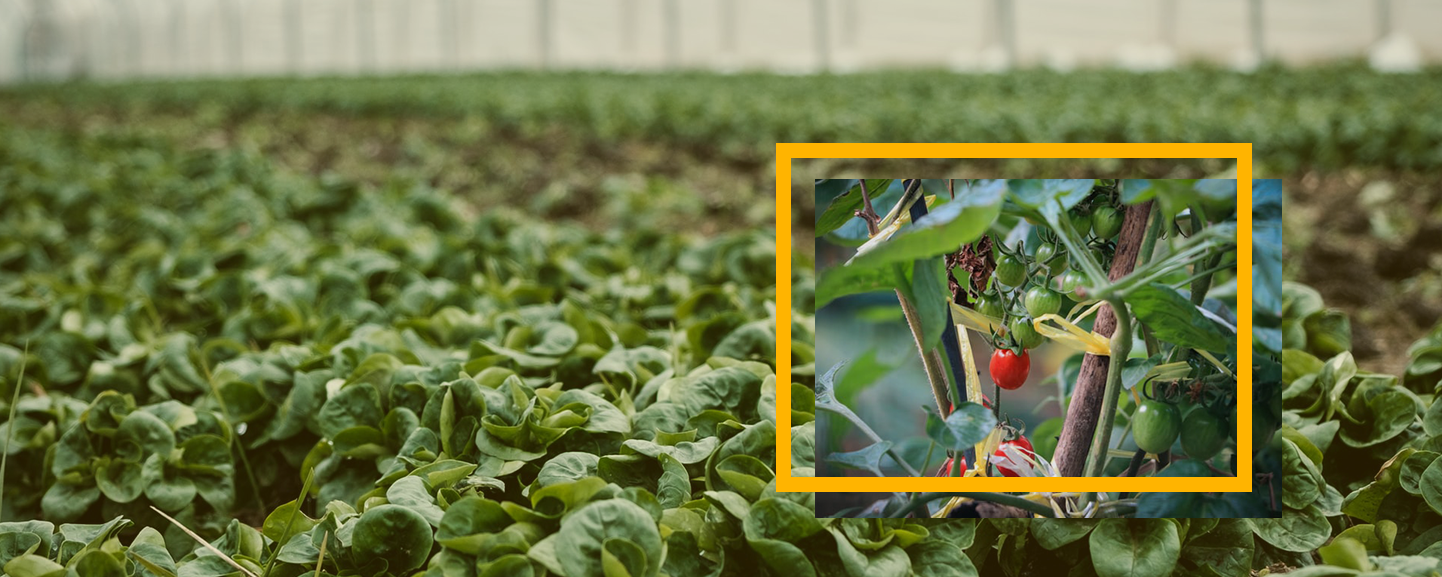
Plants
“Natural farming is a method of cultivation that seeks to replicate
nature to grow the crops we require.”

“Natural farming is a method of cultivation that seeks to replicate
nature to grow the crops we require.”
The current method of farming relies heavily on chemicals, which often causes harm to our health, our animals’ health, and soil damage. More often than not, the farmer falls into a vicious circle of poverty while the fertilizer and seed companies make millions. Many countries, including India and Philippines, farmers are becoming more helpless day by day – the increasing rate of suicide amongst farmers in the last decade is just one example of the impact of the current way of farming.
Masanobu Fukuoka of Japan and Dr. Han-Kyu Cho of Korea both rejected both modern agribusiness and the idea that farmers can’t be profitable. They developed and proved that the four fundamental principles of natural farming can help the farmers: 1) no chemical fertiliser, 2) no weeding by tillage, 3) no herbicides, and 4) no dependence on chemicals. Fukuoka said, “By expanding our intellect beyond the traditional confines of scientific knowledge and by trusting the inherent wisdom of life processes – we can learn all we need to know about growing food crops.” A farmer, he says, “Should carefully watch the cycles of nature and then work with those patterns, rather than try to conquer and tame them”.
“In recent years the experience of Fukuoka has been widely validated; it is estimated that natural farming or no-till farming practices are currently being used to farm 250 million acres of land worldwide, and in 2007 a University of Michigan study projected that overall food availability could increase by about half if the whole world moved to ecological sane farming. Scientists at the University of North Carolina are using plants against plants. By incorporating allelopathic species (which release chemicals to fight off neighbours) as cover crops in conjunction with no- till plantings, they are having great success at controlling weeds. Natural farming is a method of cultivation that seeks to replicate nature to grow the crops we require.” (Excerpt from https://neo-agri.org/en/the-healing-power-of-natural-farming/#comment-3512 Abhijit Mohanty is a Delhi-based development professional. He have extensively worked with the indigenous communities in India and Cameroon.)
| Methodology | Man’s way | Nature (Natural Farming) |
|---|---|---|
| Land preparation | Ploughing – hard work, breaks up the natural structure of the soil, kill beneficial earthworms and other microorganisms in the soil that are free cultivators. | No ploughing or tilling – plant the right kind of plants and crops to work together to till the soil using their roots, naturally, and to feed the microorganisms and earthworms that will do the work for us. |
| Fencing | Expensive metal or concrete fences. | Live fencing using the right kind of plants that will not only be valueable bio-mass, woord, soil stabilization, soil erosion control, wind breakers, timbers, and also natural feeds for all. |
| Weeding or burning organic matter. | Herbicides or complete weeding. Farmers are worried that the weeds will compete with the crops they are growing. The herbicides will not only kill the “weeds” they want, but it will also kill the microorganisms in the soil. Burning the dead leaves or other organic matter also kills off beneficial organismisms and waste those organic matter that is a free natural resource for the farmer. | Weeds help build soil fertility and balance the biological community in the soil, which helps the crops grow better. It is more strategic to choose which cover crops (previously known as “weeds”) to grow alongside our crops to act as free mulch to preserve soil moisture, to have food for the earthworms, and to attract beneficial bugs that can help the farmer; rather than killing them all off. |
| Chemicals / fertilizers | Farmers are depending on expensive chemical fertilizers or feeds from major corporations. | Farmers can mimic nature and make their own feeds and fertilizers. |
| FARMING SYSTEMS | |||
|---|---|---|---|
| CONVENTIONAL | ORGANIC | NATURAL | |
| Description | This system uses the commercially produced fertilizers, pesticides, fungicides, feeds, antibiotics, etc. | This system uses organically produced fertilizers as the means of fertilizing the plants. Pesticides and fungicides are also applied when needed and in controlled amounts. | This system brings the soil and the environment back to its original form where nature works for the production of its needs. |
| Profitability | On Horticulture, the first few years profit is high. But with the continued use of chemical inputs such as commercial fertilizers, pesticides, and fungicides, the soil’s nutrients become degraded so that over time its profit goes down too. For livestock, profit is very slim due high capitalization. | Profit can be high but can be eaten up by the high amount of inputs. | For Horticulture, the profit is high and will increase yearly. For livestock, profit is also high due to low labor requirement and low consumption of feeds. |
| Productivity | On Horticulture the first few years, the production is high but as soil becomes degraded, production goes down as well. For livestock, production is good, but its life’s span is short and the food source is not safe for human consumption. | Low and slow. | Production is high and increases yearly. |
| Sustainability | For Horticulture, it destroys the soil and the environment. For livestock, it is very slim and fragile. | Can’t sustain for the next generation. | Can be beneficial for the many generations to come. |
| Use of pesticides and chemicals | Encouraged | Discouraged but allowed. | None what-so-ever! Chemical fertilizers isn’t directly harmful to our health, but because they cause the plants to grow quickly, the plants have not absorbed all the necessary nutrients, making it an “empty” product. Pesticides kill pests, but it also kill necessary microorganisms on plants and in your body. |
So where to begin?
Concoctions, or inputs, are the first step to making sure our crops receive the nutrients they need:
The germicide you need that promotes the growth of fruit trees and leafy greens, boosts gut health and is a part of the no-smell livestock system.
LAB refers to a large group of bacteria that produce lactic acid as a by-product of their digestive system. LAB are probiotic bacteria that are beneficial for many types of life. Among other things, applying LAB cultures to your soils can help to accelerate organic matter decomposition, enhancing the release of plant nutrients for absorption.
Create an immune system boosting tincture to help your plants and animals combat disease.
OHN is a liquid root-drench that has highly anti-pathogenic quality. It works to prevent disease-causing fungi and helps to improve the overall vitality of your plant.
The most important input in all of Natural Farming. Get the most fertile land possible with indigenous microorganisms.
The various stages of IMO 1-5 represent different stages of collecting, storing, and then propagating cultures of bacteria and fungi to introduce into your substrate and/or soil.
This enzyme rich creation gives your animals and plants the much-needed energy burst to thrive.
The final ferment will have all the good stuff present: nutrients, hormones, proteins, aminos, and enzymes
Promote ripening in your crops with fermented ripe fruit that can also be used for livestock.
Fish Amino Acid is one of the best plant fertilizer possible and naturally repels insects
It is an amazing food source for fungi especially, helping to boost fungal growth. The amino acids found in FAA (as well as performing their own functions) also contain forms of nutritional elements for the plant, like nitrogen.
The calcium dose your plants and livestock need to prevent cracking, prolong storage life of crops and increases the ability for plants and animals to absorb vital nutrients.
The highly plant available phosphorous dose needed to help your plants transition from vegetative growth to fruit production. WCAP can also help regulate plant metabolism.

We offer hands on training at our demonstration farm in Ben Tre, internships, and consulting.
Natural Farming Vietnam envisions many Business for Transformation locations around the country where Christian farmers will model Natural Farming Technology, model godly Christian stewardship; model the “abundant life” that can be had with diligence and dependence on God. We envision these Christian farmers being a resource and a leader to their surrounding community, both as Natural Farming experts, and as spiritual guides.
GO TO WORKSHOPAt Natural Farming Vietnam, our network of natural farmers are continually growing, so our offering of products
continue to be diversified. We are excited to share with you these current product categories